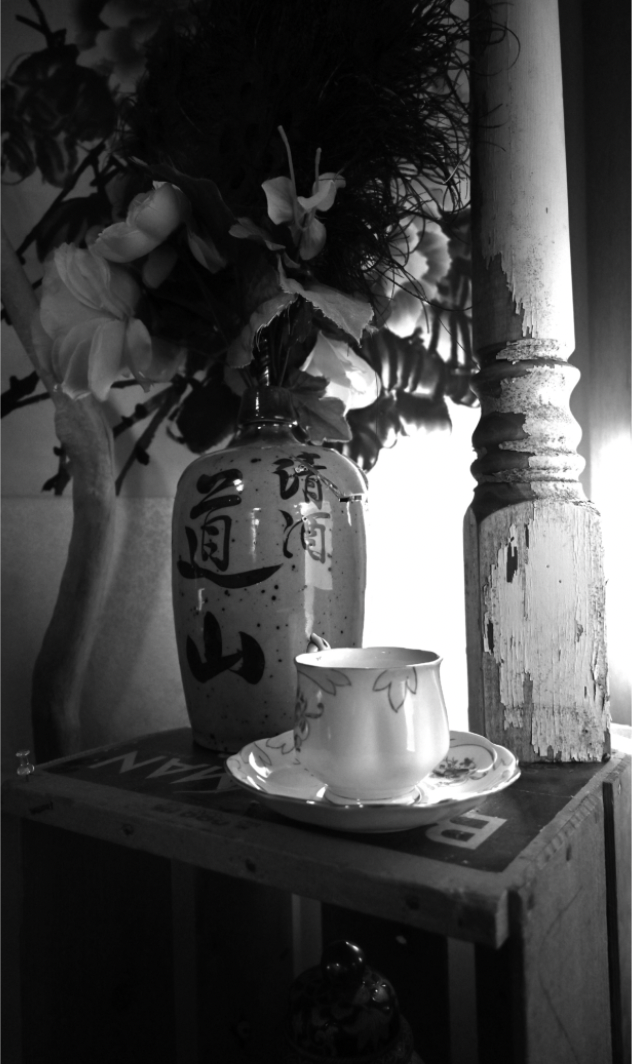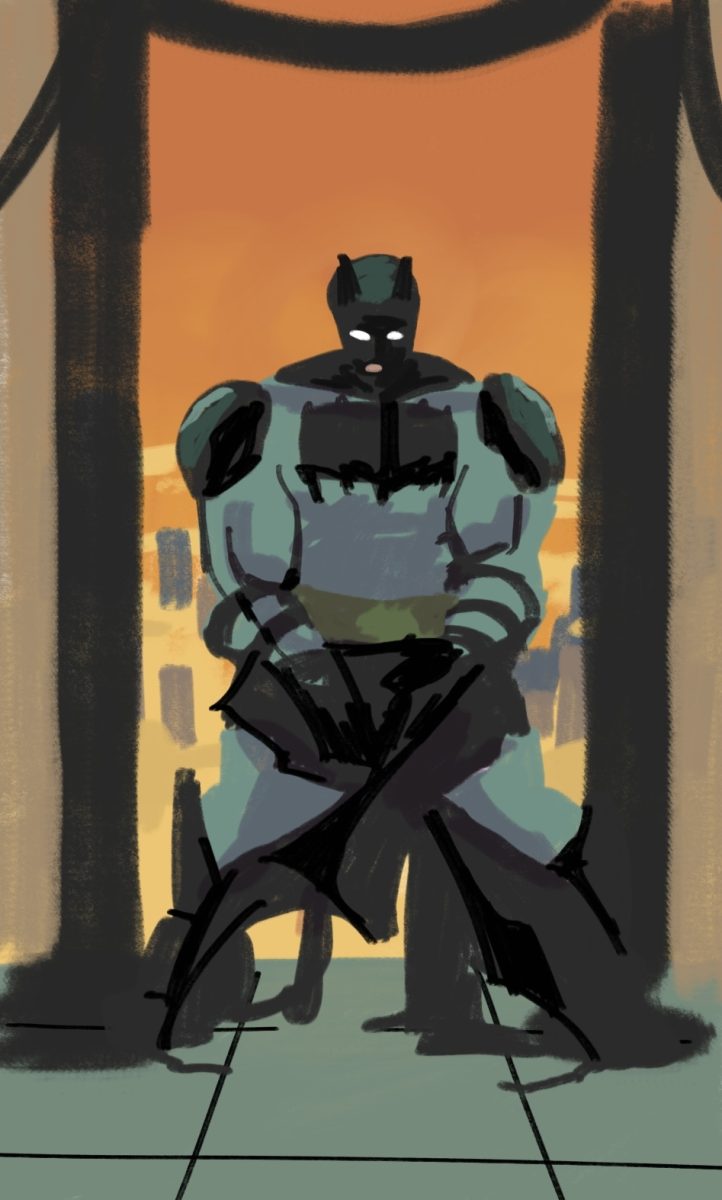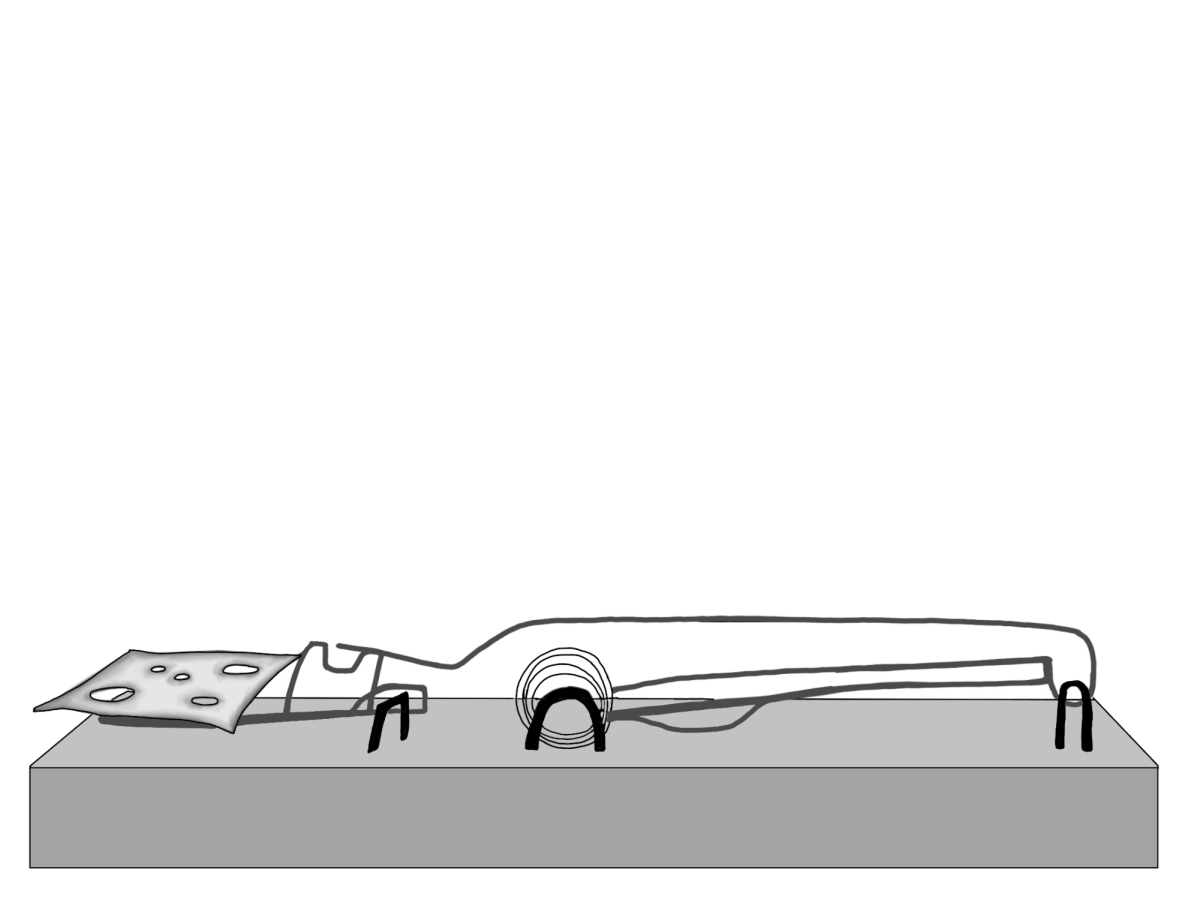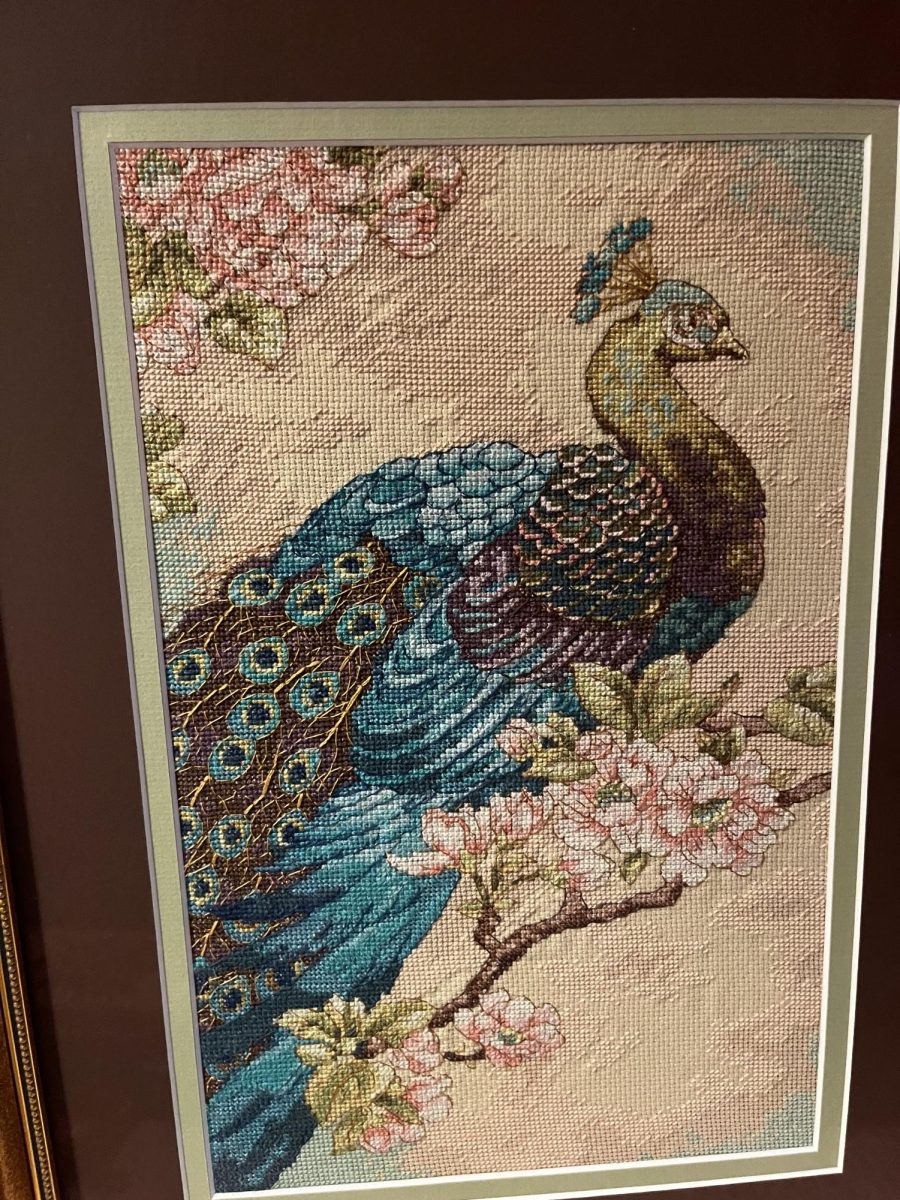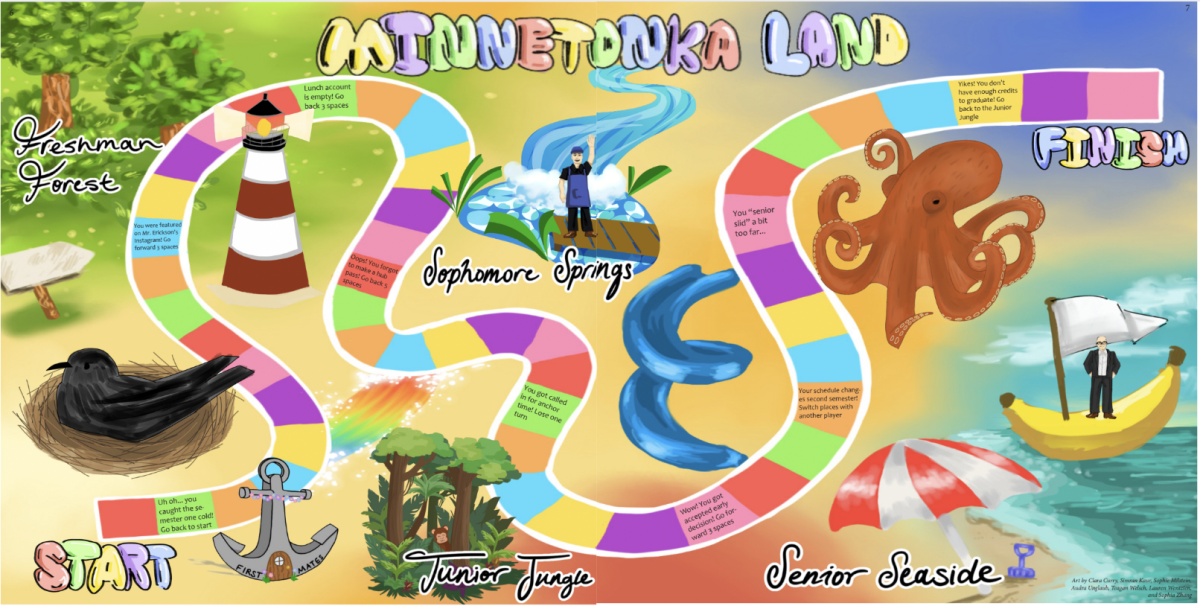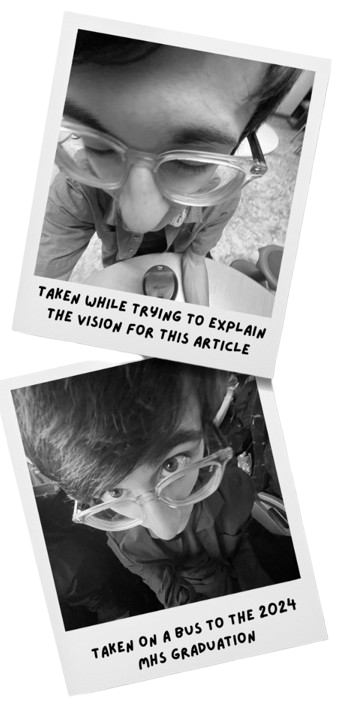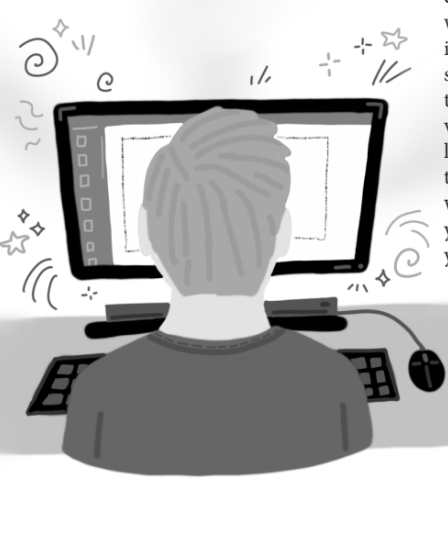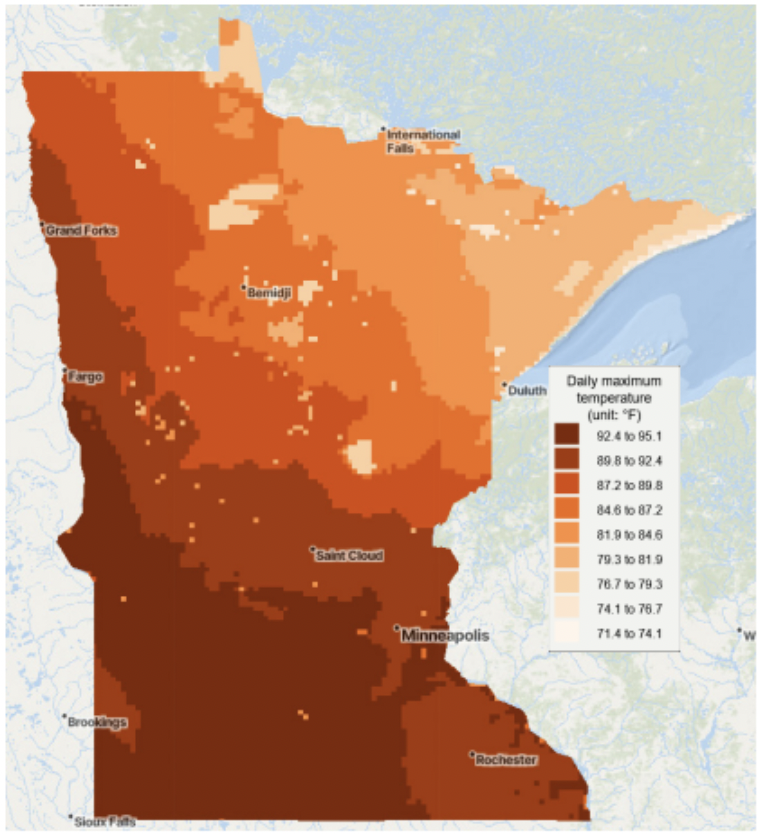Have you ever heard of The Odyssey, Don Quixote, or The Little Prince? One story features an intrepid Greek king, the other an equally heroic but foolish knight, the last a tender-hearted young prince. Each of the above-mentioned titles was translated into English from Greek, Spanish and French, respectively. Without the work of translators, we would never have been exposed to these influential stories.
As burgeoning high school students, the literature we read has an enormous impact on the way we view the world, other cultures, and grapple with philosophical dilemmas. And yet, if we are only reading books that are written by authors from English-speaking countries, we are missing out on many great lessons that the world of literature has to offer.
After examining my own bookshelves, I noticed a distinct trend. Although there were a few classic books like The Odyssey that were translated from other languages like Greek, the number of books written by English-speaking authors handily out- numbered the few that were not originally written in English. Unfortunately, many pieces of translated literature that have the potential to become influential classics do not reach us as readers. According to researchers at the University of Rochester, only 1% of fiction and poetry books sold in the U.S. are translations from foreign authors.
As I have read translated works by Dostoyevsky, Kafka, and Camus, I have found a deeper respect for translated literature. For many authors, writing is an essential bridge to connecting people of different cultures to their places of origin and gives writers a chance to retell stories from their own perspectives. Mikhail Bulgakov, author of The Master and Margarita (1928), was one of many authors to help expose foreign audiences to the perspectives of citizens within the Soviet Union. Through translation, Bulgakov was also able to share his personal critique of the Soviet elite of the 1930s to a global audience which prompted new interest in debates over individual freedom and censorship. These inside glances into the political and cultural landscapes of different countries helps us to expand our understanding of the human experience.
The production and consumption of translated fiction is incredibly important. Recently, a bookshelf in the Port opened that focuses solely on translated Chinese fiction. From contemporary novels like Brothers by Yu Hua, to updated classics like Water Margin by Shi Nai’an, this is one way in which Minnetonka High School is exposing students to unique and meaningful translated works. The next time you are in the Port browsing for your next read, consider grabbing a copy of a translated book!



